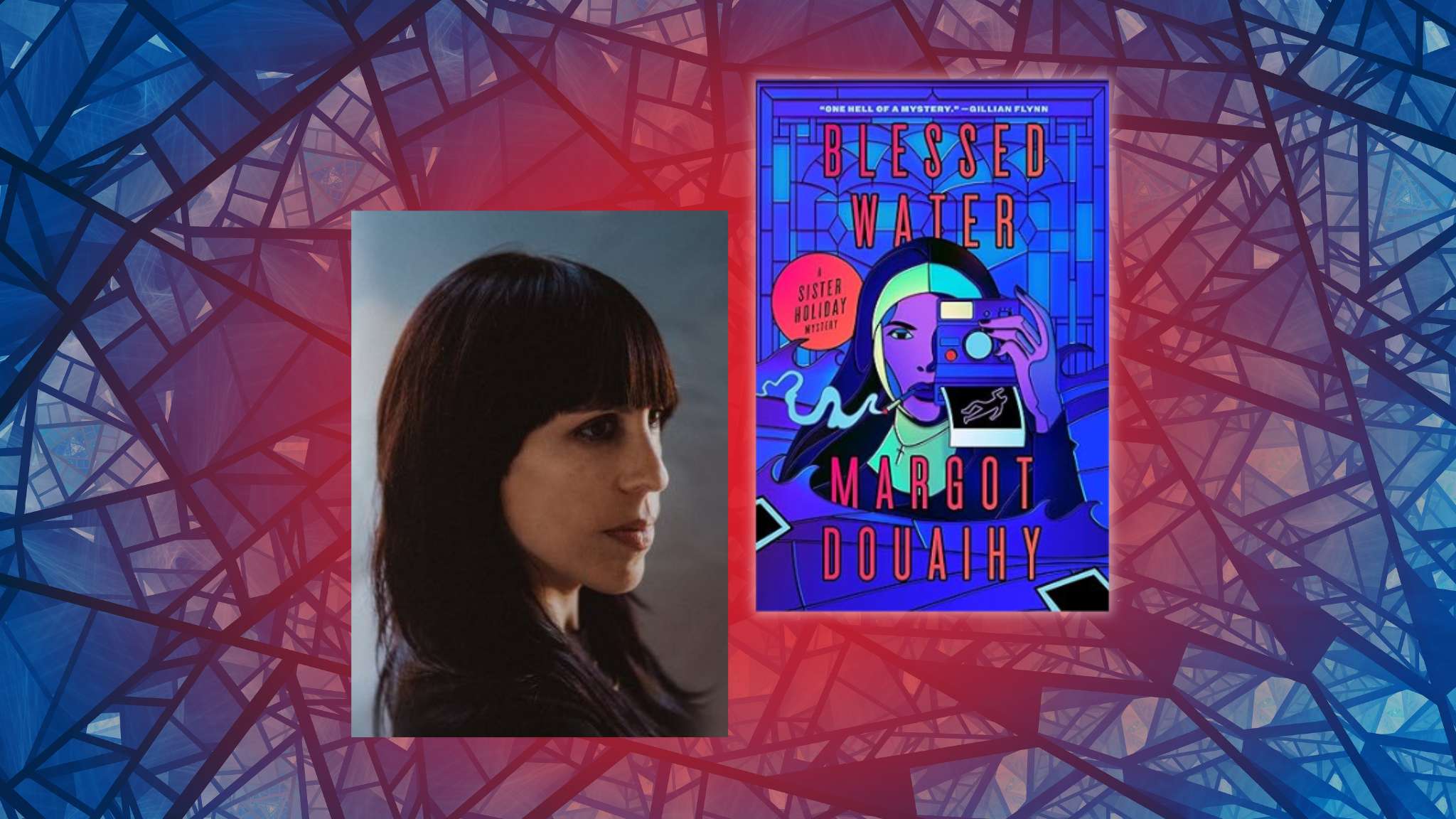In the ever-evolving landscape of mysteries and thrillers, queer authors are bringing vital perspectives, narratological experimentation, and nuanced takes on criminality and justice. LGBTQ writers are crafting stories shaped by their lived experiences of chosen family, otherness, and code-switching. Queering crime fiction interrogates tropes and tests genre boundaries. Serving up plot twists and mayhem—with a side of slay.
The Urgency of Representation
Concepts of power and agency vary drastically depending on one’s identity and the positionality of who is telling the story. In a moment when LGBTQ individuals are the human collateral of political scapegoating (e.g., the “Don’t Say Gay Bill” and a raft of anti-trans legislation), it’s crucial for LGBTQ writers to assert our presence. Queer crime fiction has the power to reflect, refract, and influence culture, rejecting “default” settings of heteronormativity and gender binaries. All while delivering high-stakes mysteries. By centering queer voices in popular fiction, LGBTQ authors provide essential buy-in for a community that has long been marginalized, criminalized, and distorted.
Reimagining Crime
Mysteries by queer authors demonstrate how skilled writers hold space for social comment while still offering gripping rippers. It’s not an either-or proposition. For instance, John Copenhaver’s new novel, The Hall of Mirrors, is a lyrical, propulsive, and trenchant take on the Lavender Scare and homophobic panic. Copenhaver narrativizes this troubling aspect of American history by anchoring it in a serial killer story, with chilling consequences for gay couples.
Chosen Family
One of the most poignant themes in LGBTQ mystery fiction is the concept of chosen family. For many queer and transgender individuals, bonds formed with friends and in the community have proven to be as strong (or stronger) than those with biological family members. A powerful example of this is Lev AC Rosen’s novel, Lavender House, which follows a gay PI, Andy Mills, as he investigates a murder within a chosen family of LGBTQ folks in 1950s San Francisco. By foregrounding complex dynamics, Rosen highlights the unique strengths and vulnerabilities of living outside a societal “norm.”
Unique Skills of Queer Detectives
The LGBTQ community is anything but monolithic, but people at the margins can often learn skills valuable for detection: code-switching, people reading, encoding, decoding, and inference. Queer people are fighters, too; from the Stonewall riot to Obergefell v. Hodges, our community continually shows resilience. Queer private-eye novels often leverage these investigative sensibilities, knowing where and how to locate gaps in systems of power.
As an author with a queer crime series, I am deeply invested in this work. My second novel, Blessed Water, is an ode to submerging, led by an iconoclastic, gold-toothed, hardboiled queer nun named Sister Holiday. Blessed Water is a ticking-clock mystery that explores themes of queer siblings, the chosen family of a convent, and the riddles of faith. In my series, I merge the grit and obsession of a hardboiled voice with the dialectic of a lesbian nun. Sister Holiday is unapologetically queer and unapologetically faithful. As an insider/outsider, she uses her unique perspective to solve mysteries and destabilize systems of oppression.
A Growing Market
The demand for queer mysteries continues to expand, with a bevy of remarkable LGBTQ authors taking up the mantle of the thriller, noir, cozy, and hardboiled gumshoe traditions. From Cheryl A. Head’s Charlie Mack to JM Redmann’s Micky Knight, from Greg Herren’s Scotty Bradley to Rob Osler’s Hayden McCall, queer sleuths are out and proud on the mean streets. And then there’s the groundbreaking work of Robyn Gigl, whose Erin McCabe legal thriller series stars a transgender attorney fighting for justice in and out of the courtroom. These authors are not only providing vital representation, they’re giving genre enthusiasts new characters to love. Trailblazers like Joseph Hansen, Katherine V. Forrest, and Ellen Hart paved the way for the current generation of LGTBQ crime writers, and their legacy continues to inspire the entire community.
The crucial role of LGBTQ authors in mysteries and thrillers can’t be overstated. I’m confident that these contributions will continue to shape our beloved genres in surprising ways, proving that metacognition and thrilling storytelling have always coexisted. Aesthetic and thematic diversity isn’t just a nice bonus. It helps expand the market, create opportunities, attract new readers, and lift us all. Visit www.queercrimewriters.com to learn more about the growing community of authors working together to celebrate LGBTQ voices in crime storytelling.
This story appears through BookTrib’s partnership with the International Thriller Writers. It first appeared in The Big Thrill.




